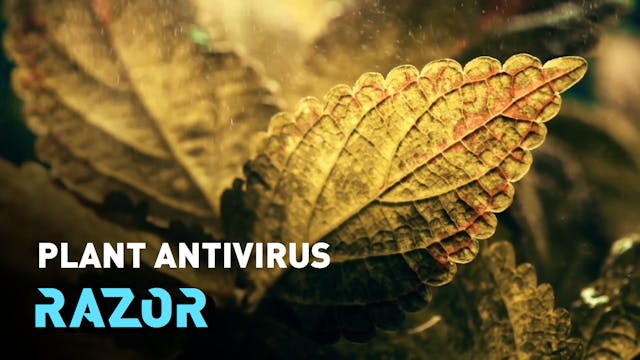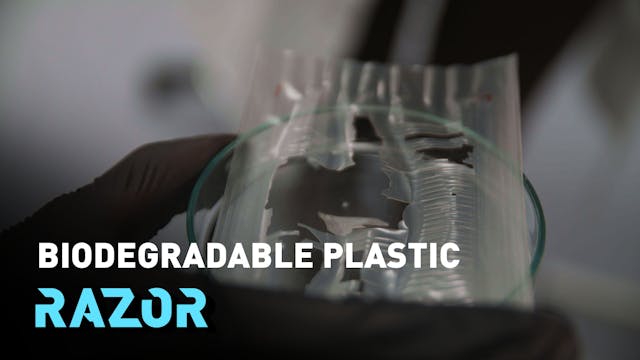Inhaled vaccines: final step to stopping COVID-19? #RAZOR
Razor • 59s
Scientists around the world are constantly looking for new methods to keep up and respond to a rapidly changing novel SARS-CoV-2 virus. Vaccines have been a huge success, but their global roll out has been slow and not equitable.
To combat this, CanSino Biologics in China have developed an inhaled version of their COVID-19 vaccine, which has had early success in clinical trials. Two inhaled doses of the vaccine, given 28 days apart, produced a similar level of protection, measured by neutralising antibodies, to those of a single injection.
It's hoped that this technology will overcome some of the logistical challenges of a global vaccine rollout, getting more people protected, more rapidly.
Watch the full episode: https://youtu.be/E69zhhvAj0Q
Razor is also on #TikTok: https://vm.tiktok.com/ZMdemYnRU/
Up Next in Razor
-
China space age: A new age of explora...
From landing on the far side of the moon and building Mars probes to setting up science experiments on the newest space station, it's undeniable that China is already a major player in this era of space exploration. Emma Keeling talks to a range of experts to find out more. 🌕 🪐 🚀
Watch #RAZOR o...
-
Using a plant's natural defences agai...
There are at least 1,000 different kinds of plant viruses that exist in nature. They can wipe out large areas of farmland and pose a huge threat to agriculture. Yang Zhao has met the scientists in Beijing who are using the natural defence mechanisms of plants as a means of virus control.
Read m...
-
BIODEGRADABLE PLASTIC: Solution for o...
Since the 1950s, the mass production of plastic has led to billions of tons of waste every year. Almost a third of all plastic ends up in natural environments, where it remains for hundreds of years. Razor meets the team behind Polymateria, a start up that's hoping to tackle this very urgent prob...



